Q1-HR2
And just like that…..Quarter one is drawing to a close, time flies when you are having fun! but boy oh boy am I delighted to see a wee stretch in the evenings again!
As we approach the end of the first quarter, I have reflected on the dynamic six months spent with Artemis Human Capital. Delving into the realm of HR recruitment has been an eye-opening journey, reinforcing my belief in the pivotal role HR professionals play in shaping exceptional companies.
Engaging with inspirational leaders at events such as the HR Leaders Forum and Tyrone HR Meet Up in The WineRack has provided invaluable insights into Northern Ireland’s HR landscape, where a strong emphasis on employee well-being and proactive change management is evident.
Looking forward to 2024, HR professionals in the region are poised to tackle the multifaceted challenges of skill shortages and the post-Brexit workforce landscape. The focus on diversity, inclusion, and employee welfare continues to gain momentum, with organisations prioritising initiatives such as mental health support and flexible work arrangements to foster a supportive and inclusive workplace culture.
Future Learn has highlighted the significance of ESG (Environmental, Social, and Governance) Strategies, emphasising the crucial role of HR in promoting sustainability within businesses. This involves integrating ethical principles, Corporate Social Responsibility (CSR), and HR functions to foster sustainable practices. HR professionals can utilise various “everyday tools” to advance sustainability efforts:
- Engagement Strategies: Prioritising open and transparent communication to engage employees in sustainability initiatives.
- Motivational Theories: Incorporating both extrinsic and intrinsic values to motivate employees towards sustainable behaviours.
- Regular Meetings: Conducting meetings with a focus on mutual respect and understanding to foster collaboration and alignment with sustainability goals.
- Analytical Skills: Employing analytical abilities to evaluate and realign HR functions with the organisation’s sustainability objectives.
By implementing these strategies, HR can play a pivotal role in integrating sustainability practices into the core operations of businesses.
Forbes’ recent exploration of key HR trends for 2024 sheds light on innovative practices like the four-day workweek and hybrid work models, signalling a shift towards more agile and employee-centric work environments. Sustainability is also in the spotlight, with environmentally conscious employers attracting top talent by aligning their values with those of prospective employees.
As we witness the entrance of Generation Z into the workforce, HR professionals are tasked to adapt and meet the evolving expectations of this cohort, emphasising work-life balance, continuous learning, and a commitment to diversity and sustainability. Leveraging advancements in HR technology offers opportunities to gain deeper insights into workforce dynamics and effectively manage behavioural shifts, albeit with considerations for data privacy and ethical usage. Amidst these evolving trends, the demand for specialists in areas such as learning and development, benefits administration, onboarding, talent acquisition, and leadership remains high, underscoring the strategic importance of HR in driving organisational success and fostering a culture of continuous growth and development.
References:
Forbes 2024 Articles:
Future Learn:

